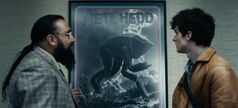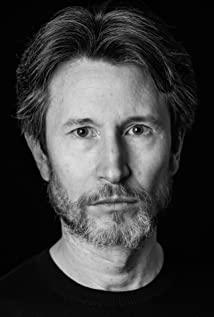Movies should establish a more open viewing channel, and the director's responsibility should be to put forward a reasonable premise for reflection and invite the audience to join, rather than giving binary choices. This seems to create an active audience atmosphere, but in fact it only puts the audience in a more passive position.
Furthermore, the direction of the film depends on the "completeness" of each storyline, not the choice of the audience. Viewers are not responsible for this choice, nor suffer the consequences of choosing "wrong". The integrity of the film's telling is the embodiment of its falsity.
In the film, the obvious portrayal of the identity of the manipulator only describes the problem at a superficial level and lacks the core. The director's portrayal of the characters and the construction of the picture (which can be regarded as a medium between the director and the audience) cannot support the necessity of raising questions, and it is difficult to gain a foothold in the persuasiveness of the macro trend of the film. For example, there is no solid transition before raising the question of "whether someone is really there". This powerful question should have been taken by the director through mise-en-scene, cinematography, etc. to bring the audience into "reasonable" The questioning premise of "necessary" leads the audience to think and experience spontaneously, rather than presenting it through precise lines - the result is that this picture is more like a garbage image than a climax.
I only followed the line of choosing come with his mom (ashamed) and I think at least in this ending, the director has maintained a bitter sincerity: no attempt to impress, or ambition to talk more morally. This kind of abrupt and naive ending, if not a kind of cutting corners, is an emotional investment where the director is no longer a bystander, a producer. If there is a controlled world, this is the only way to give the protagonist self-consciousness, and it is also his most fundamental way out.
View more about Black Mirror: Bandersnatch reviews











